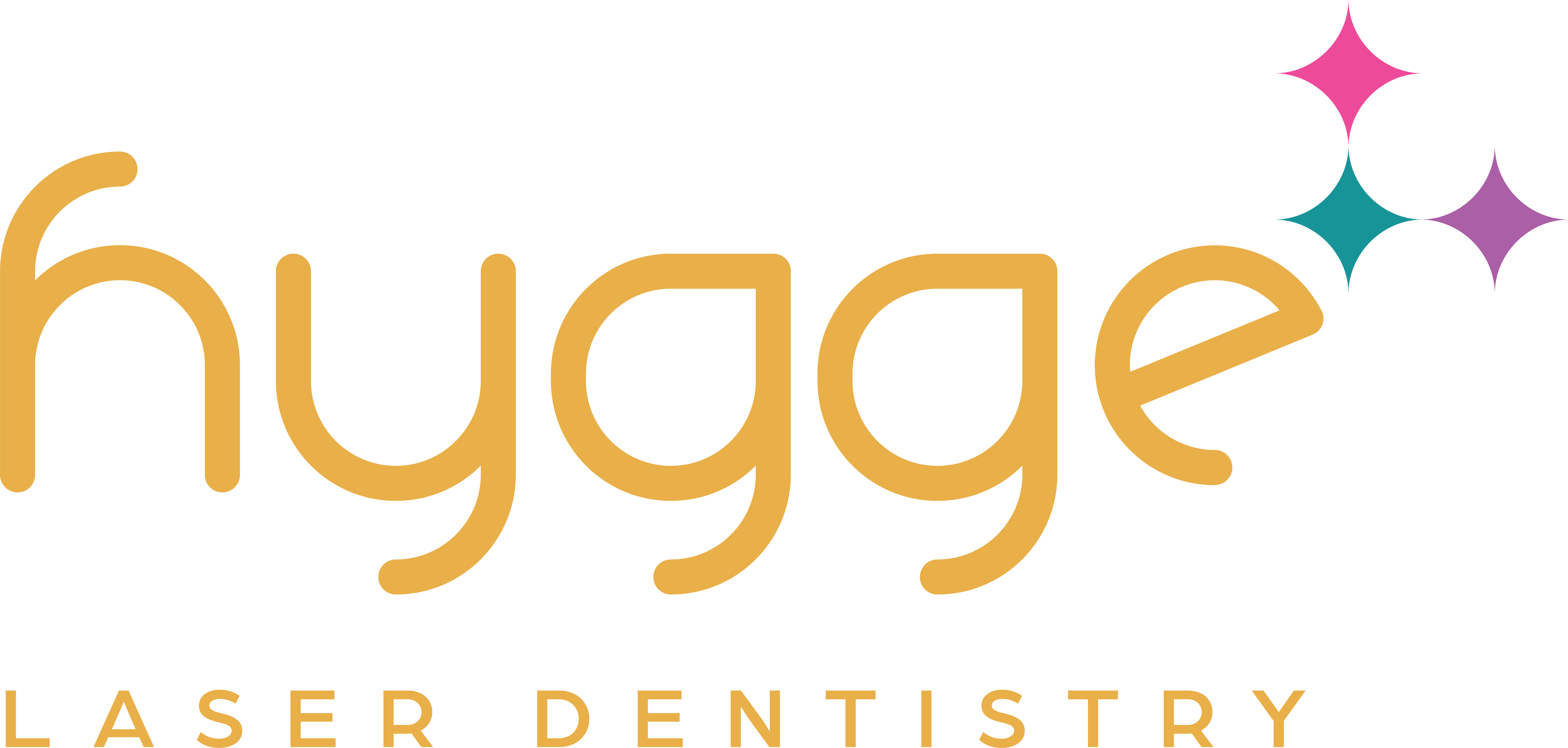5 Effective Tips to Help Manage Sensitive Teeth
- Hygge Laser Dentistry

- Jun 5, 2025
- 3 min read
Do your teeth hurt after eating or drinking something hot, cold, or sweet? Tooth sensitivity—also known as dentinal hypersensitivity—is a common dental issue that can make everyday activities uncomfortable. The good news? With the right care and knowledge, you can reduce discomfort and protect your smile.

What is Tooth Sensitivity?
Tooth sensitivity occurs when the protective enamel on your teeth wears down or your gums recede, exposing the dentin layer beneath. This dentin contains tiny tubules that lead to the tooth's nerves.
When exposed, these nerves can be triggered by:
Hot or cold foods and drinks
Cold air or weather
Sweet or acidic substances
You may feel a sharp pain or a lingering ache, depending on the cause and severity of the condition.
Common Causes of Tooth Sensitivity
Several factors can lead to sensitive teeth, including:
Tooth decay or cavities
Gum disease or gum recession
Enamel erosion from brushing too hard or using abrasive toothpaste
Cracks, chips, or microfractures in the enamel
Tooth grinding (bruxism)
Pressure changes due to sinus issues or weather shifts
While mild sensitivity may go away on its own, ongoing discomfort should be addressed by a dental professional.
5 Tips to Soothe and Prevent Sensitive Teeth
1. Use a Desensitizing Toothpaste
One of the easiest ways to treat sensitive teeth at home is by switching to a desensitizing toothpaste. These products contain ingredients like potassium nitrate and stannous fluoride, which help block pain signals from reaching the nerve.
Brush twice a day as usual. With consistent use, most people notice a reduction in sensitivity within a few weeks. If your symptoms persist, talk to your dentist.
2. Switch to a Soft-Bristled Toothbrush
Brushing with a hard-bristled toothbrush can worsen enamel wear and gum recession. Use a soft-bristled toothbrush designed for sensitive teeth. These brushes are gentle on your gums and help reduce irritation while effectively removing plaque.
Brushing in gentle, circular motions and massaging the gum line can improve blood flow and reduce inflammation, contributing to better oral health.
3. Limit Acidic Foods and Beverages
Acidic foods and drinks can erode tooth enamel, increasing tooth sensitivity. Common culprits include:
Citrus fruits (like oranges and lemons)
Coffee and tea
Soda and carbonated drinks
Tomatoes and tomato-based sauces
Fruit juices
Practice moderation and rinse your mouth with water after consuming acidic foods and beverages to protect your enamel.
4. Check for Signs of Teeth Grinding (Bruxism)
Grinding your teeth—especially during sleep—can wear down enamel and cause sensitivity. This condition, known as bruxism, may go unnoticed unless you experience symptoms like jaw pain, headaches, or flattened teeth.
If you suspect you’re grinding your teeth, talk to your dentist about a custom night guard to protect your teeth and reduce sensitivity.
5. Visit Your Dentist for a Professional Evaluation
Persistent tooth pain or sensitivity may be a sign of underlying dental issues such as gum disease or infection. Dr. EmmaLeigh Gordon at Hygge Laser Dentistry in Seattle, WA, offers personalized care to help manage and treat sensitive teeth.
Your dentist may recommend treatments such as:
Fluoride varnishes or dental sealants to strengthen enamel
Deep cleanings to address gum disease
Laser treatments for gum recession and inflammation
A thorough dental exam can pinpoint the exact cause of your sensitivity and offer lasting relief.
Managing sensitive teeth is possible with the right approach. At Hygge Laser Dentistry, we’re committed to helping you achieve a healthier, pain-free smile through advanced dental care and gentle techniques.
If you're looking for a dentist in Ballard or Seattle who understands the impact of tooth sensitivity and how to treat it, schedule your appointment today. Dr. Gordon and our team of dental experts are here to help you find the best solution to protect your smile and relieve discomfort.

